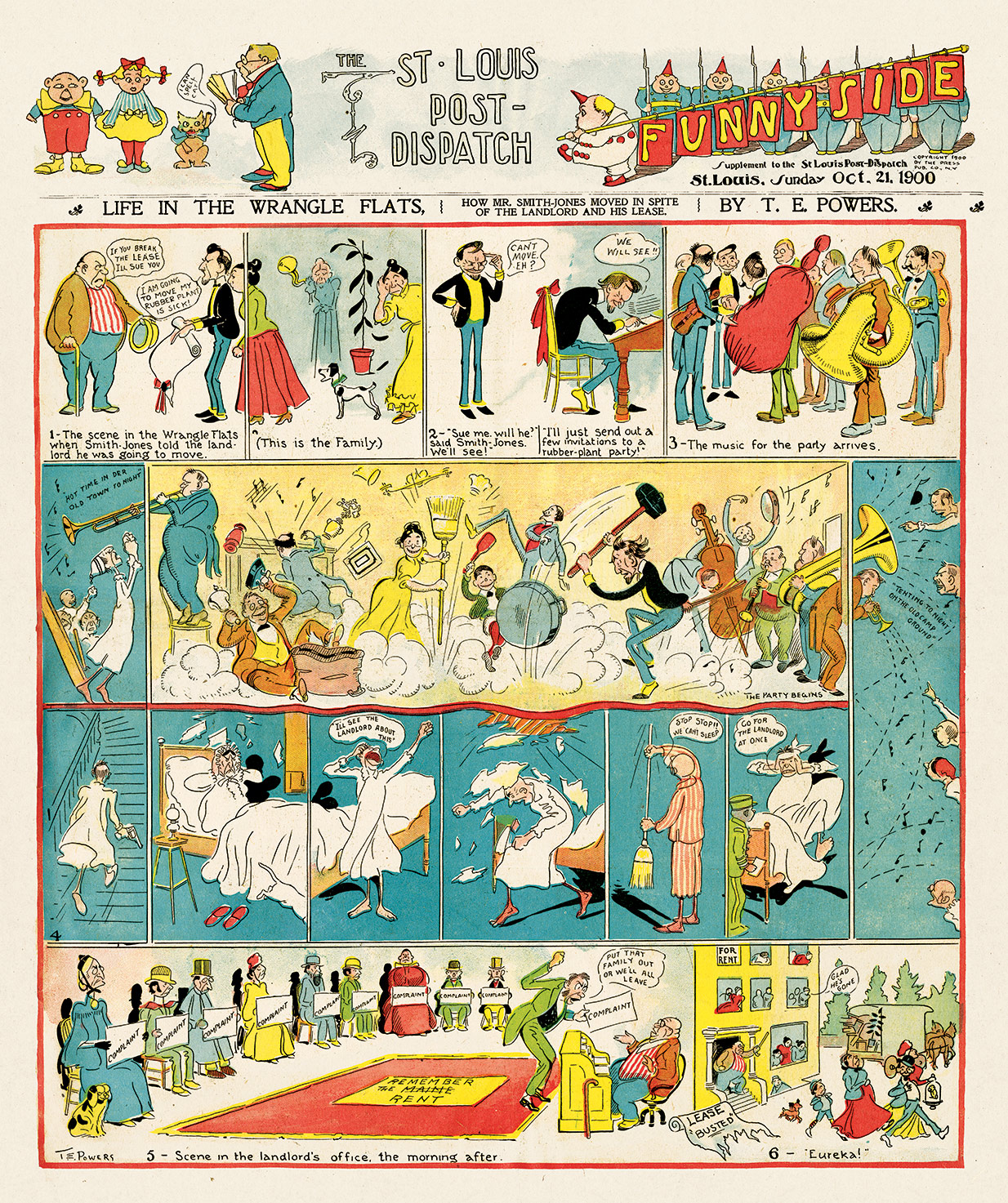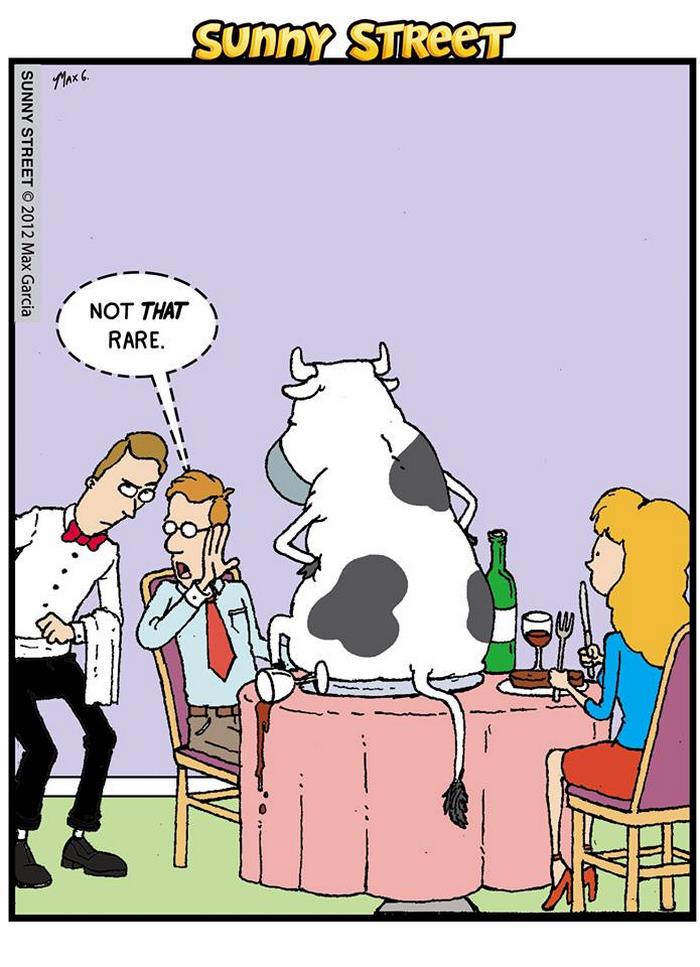

Yet Kline assembles the illustrative plot as a gleefully intricate, Rube Goldberg-esque succession of interconnected accidents and weird coincidences, starting with the earnest whimsy of Robert’s ill-advised break-in at the recently deceased Katano’s office. The tales of discipleship bookend “Funny Pages”: Katano dominates the start of the film and Wallace dominates the second half, and more or less everything that comes in-between exists to set up the points that Kline is making about the subject. When the relationship goes from bad to worse, Robert gleans a lesson about the long road to self-discovery and artistic achievement by way of incremental experience, personal relationships, and patient education-he learns that his dash into the unconventional is as conventional a step as there is, that his attraction to outsiders is as much of a prejudice as any they endure. Avoiding spoilers, it doesn’t go well: Wallace is knowledgeable and skilled, but he’s also narrow-minded, domineering, paranoid, and violent. Robert, who lives with his parents (Josh Pais and Maria Dizzia) and his grandfather (Ron Rifkin) in upper-middle-class suburban comfort in Princeton, New Jersey, drops out of high school, acquires a beat-up car from his boss at the local comic-book shop, moves to a grim illegal sub-sublet room in nearby Trenton, gets a job, and, through an odd coincidence, finds another mentor-a troubled middle-aged man named Wallace Schearer (Matthew Maher), a former commercial artist at an esteemed comic-book publisher, who now lives in appalling isolation and desperation, and whom Robert prevails upon for art lessons. But, after Katano’s sudden death, his influence over Robert rises to the status of a cult, and the young man decides to take the teacher’s suggestion. From the start, it’s clear that the teacher whom Robert and his best friend-another budding cartoonist named Miles, played by Miles Emanuel-venerate is a manipulator, a seducer, a menace.

Katano’s office at school Katano, a loud and hectoring middle-aged man, is praising to the skies Robert’s scatological, even racist drawings, exhorting him to “always subvert!” Katano deems Robert a Michael Jordan and a Kobe Bryant of comic-book art he encourages Robert to submit his work for publication he urges Robert to compile a portfolio he advises Robert to display his ability in life drawing-and he gets naked (except for his socks and shoes) in front of Robert and prompts the student to draw him. Mentorship stands at the fore of the film, in a rambunctious yet horrific scene of predation. It does so with an urgency that goes beyond its slender specifics, and it reaches out for an aesthetic, for a mode of artistic creation, that Kline himself doesn’t reach-but that he at least has the critical acumen to admire. “Funny Pages” (which opens Friday in theatres and on video on demand) depicts the fragile bond of mentorship, the coming-of-age struggle for self-definition, and the conflicts between inspiration and technique, art and craft. Or, rather, he’s coaxed by a teacher, Connor Katano (Stephen Adly Guirgis), to put off college and begin his career at once. The film is a serious comedy centered on a high-school student named Robert Bleichner (Daniel Zolghadri), a gifted artist and a comic-book connoisseur who, at seventeen, decides to drop out in order to pursue his goal of becoming a graphic novelist. Like many such films, its foreground of action and background of character are thinned out to make the illustration of its thesis all the clearer. Owen Kline’s first feature, “Funny Pages,” is a film of ideas, or, rather of a single idea, with a conspicuous subject.


 0 kommentar(er)
0 kommentar(er)
